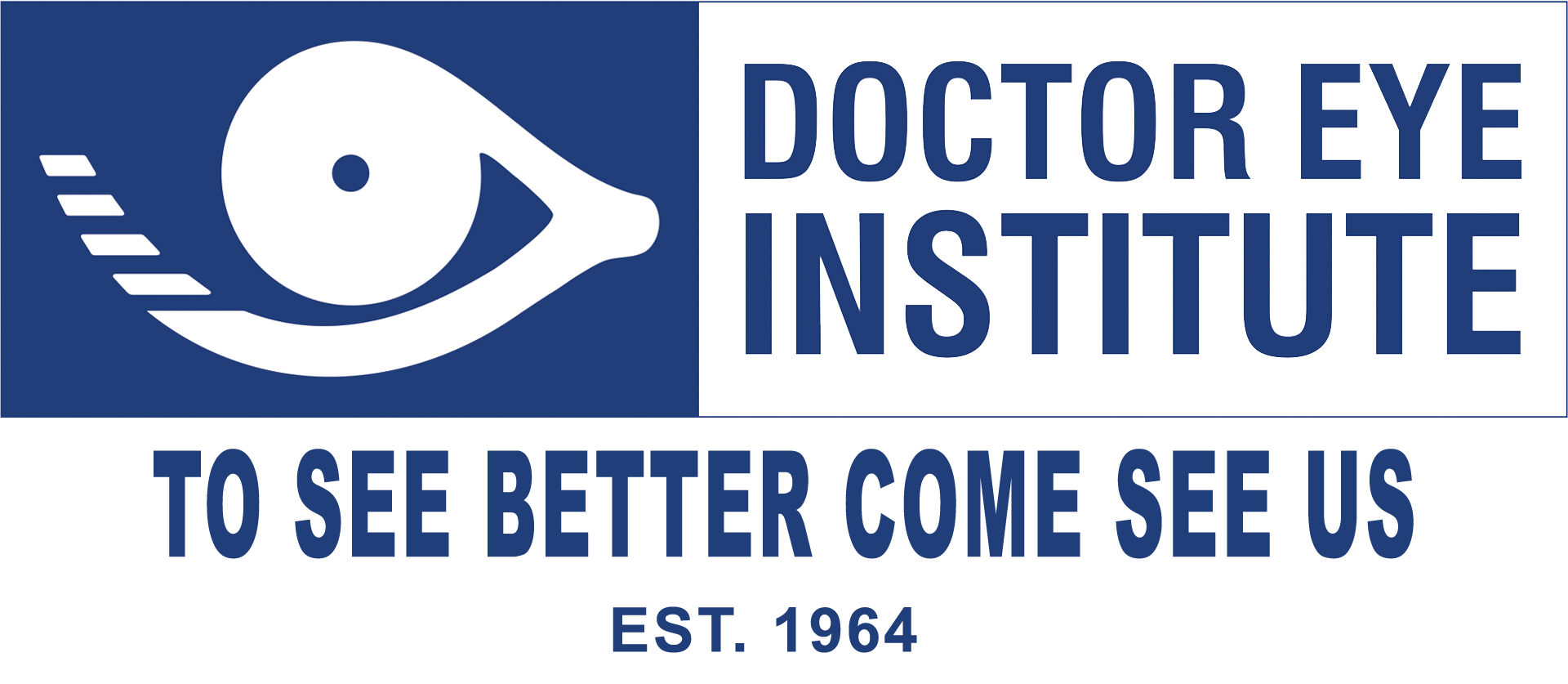Immediately after cataract surgery
You will be prescribed eye drops and tablets after your cataract surgery at Doctor Eye Institute. A family member or friend should accompany you on the day of the cataract surgery and take you home. Day surgery patients are sent home wearing an eye patch and eye shield and instructed to do the following on the day of surgery.

- Once you get home, it is recommended that you rest your eyes and take a nap.
- Remove the eye patch and eye shield 2–3 hours after reaching home.
- Put Eye drops on the Day of Surgery as prescribed and instructed by your Doctor.
- Wear the sterile eye patch (given to patients on discharge) on the first night after surgery.
- Precise centration and orientation of Intraocular Lens inside the eye
It is normal to experience mild swelling or inflammation which can result in hazy, wavy, or distorted vision. You will receive medicated eye drops to treat the same.
3 days after your surgery, you are allowed to watch some television or look at a computer screen for a short period of time, You may notice an imbalance in your vision until the second eye is operated as e cataract surgery is only performed on one eye at a time
Tips for post-cataract surgery recovery
Although most people can resume everyday activities 24 hours after cataract surgery, there are a few instructions that you will be asked to follow.
- Do Follow your doctor’s orders regarding any antibiotic and anti-inflammatory eye drops. These are important to prevent infection and inflammation and ensure proper healing. If you have difficulty administering them, get a friend or family member to help you out.
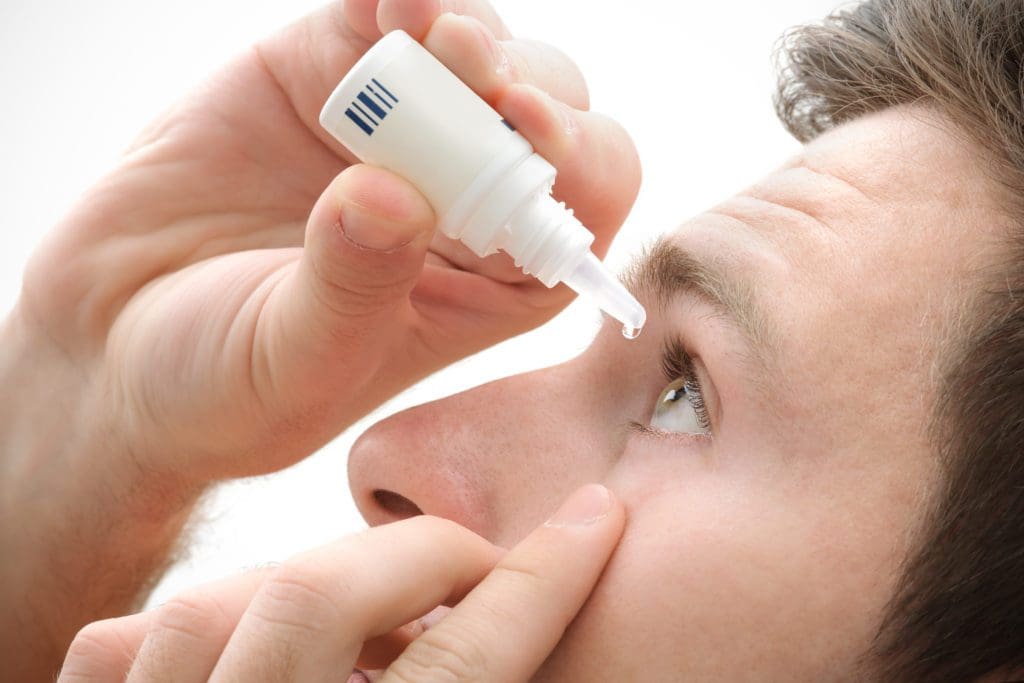

- Don’t do any strenuous activities for 4 weeks. Avoid rigorous exercise and heavy lifting.
- Don’t drive. The length of time after cataract surgery before you can drive depends on a number of factors – your doctor will tell you when it is safe to resume driving on your follow-up visits.
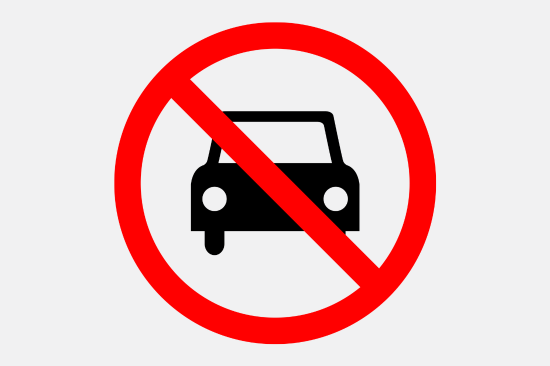
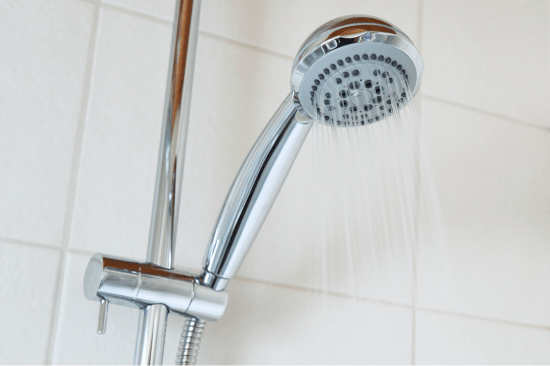
- You can take a bath from shoulder down, from the next day of the surgery. After 10 days of surgery. you can take a head bath and shower with your eyes closed
- Don’t rub your eye. Eye rubbing is a quick way to develop a nasty infection. It’s never a good idea, even when you aren’t recovering from cataract surgery.


- Stay away from dusty areas, as your eyes will be sensitive to airborne allergens such as dust.
- Don’t swim. It’s best to avoid swimming or hot tubs for 4 to 8 weeks after surgery.

Symptoms to watch for after cataract surgery
If you experience any of the following symptoms, please contact your ophthalmologist immediately:
- Vision loss
- Pain that persists despite the use of medications
- Light flashes or multiple spots (floaters) in front of your eye
- Nausea, vomiting, or excessive coughing
Frequently Asked Questions after cataract surgery
In comparison to other notable eye surgeries, the recovery time from cataract surgery is relatively quick. While each person heals differently, many patients report drastically better vision within the first 24 hours of the procedure. Plan on taking one to three days off of work to be sure you have enough time to rest, but it is normal to resume most normal activities within one week. Simple diversions like reading, watching TV, writing, and walking are okay to resume normally after 3 days of your eye surgery.
You will be provided with a protective shield for your eye that should be worn during sleep (even naps) for at least 4 days after your cataract surgery. This will help you avoid rubbing your eyes and/or causing an accidental injury to your eye while it is in the recovery phase. Aside from the eye shield, this procedure should not require any significant changes to your sleep routine.
If you are a side sleeper, it may be beneficial (and more comfortable) for you to sleep on your non-operative side to help avoid applying any additional pressure as the eye heals. If eye pain or discomfort is affecting your sleep, you should address it with your doctor to help determine potential solutions or treatments.
Your surgery should not come at the expense of your hygiene, however, you should avoid exposing your eye to direct water contact for at least a week. It is recommended that you do not splash water directly on your face, rather use a washcloth to carefully clean your face.
While your surgery incisions should close and heal within a few days, it is important to continue to be diligent about not getting water in your eye, while bathing and during head baths for the initial recovery period of 10 days. Keep your eyes closed when washing your face and avoid rubbing the healing eye.
As your eye heals from your cataract surgery, try to focus on maintaining a diet that is beneficial to your overall health, including fiber-rich whole foods, leafy green vegetables, and lean protein. The foods that you will want to avoid are the ones that are generally associated with poor eye health, including foods that are high in sugars or are high in refined carbohydrates (such as bread, pasta, chips, cereals, etc.). These foods can spike blood glucose levels in the body and can lead to damaging blood vessels in the eye, ultimately slowing down your recovery time after surgery. An easy way to do this is to avoid processed foods and foods that are broadly considered to be “junk food.”
Doctor Eye Institute
Contact Doctor Eye Institute Today
We are committed to deliver top-notch care to our patients, and we value your feedback as it plays a crucial role in enhancing our services and ensuring continuous improvement.
